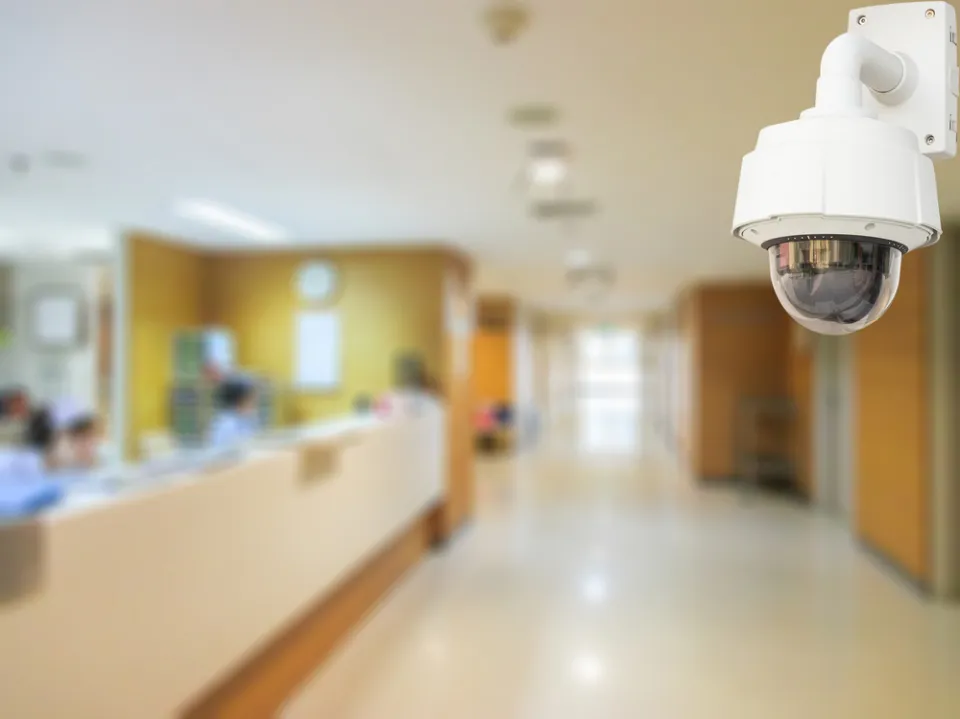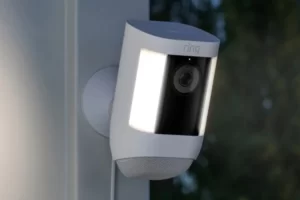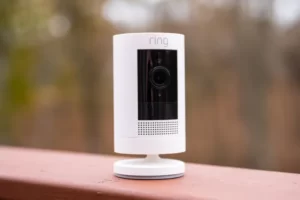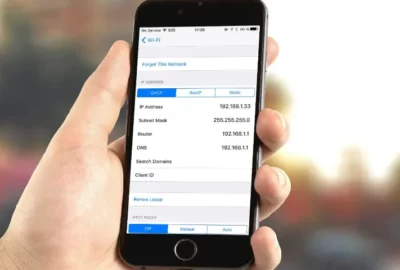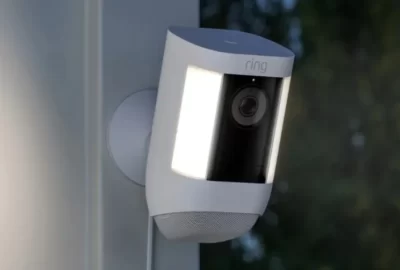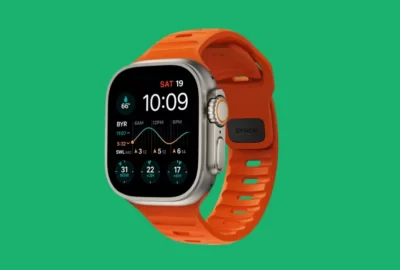Are There Cameras in Hospital Rooms? Facts to Know
Patients expect to have some degree of privacy while they are in the hospital because it is a place of healing. But are there cameras in hospital rooms?
In general, hospitals do not install cameras in patient rooms as a matter of routine. However, there are some circumstances in which hospital rooms might have cameras installed.
In this blog post, we will take a look at hospital privacy laws. Keep reading and find out more.
What Are Hospital Privacy Laws?
Hospital privacy laws are in place to protect the rights of patients and ensure that their personal information remains confidential. Generally, these laws restrict hospitals from installing cameras in patient rooms.
Nevertheless, varying by state, there are some exceptions to this rule.
For instance, some states permit the installation of cameras in patient rooms in order to keep tabs on the health of a patient.
Are There Cameras in Hospital Rooms?
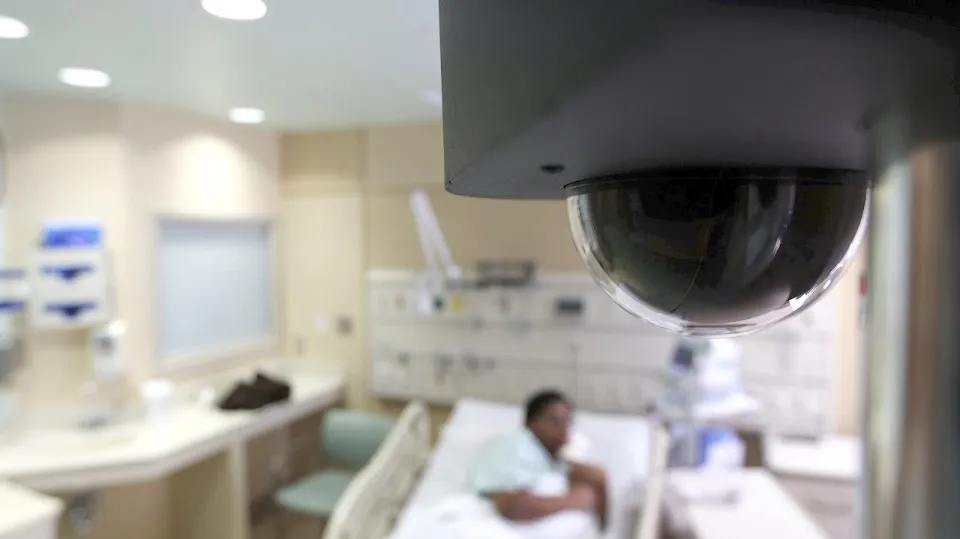
So, are patient rooms in hospitals equipped with cameras? It depends on the hospital and the state, is the response.
Generally, hospitals are not allowed to install cameras without permission from the patient or legal representative.
However, if a camera is being used for medical purposes, then the hospital is likely allowed to do so.
The installation of surveillance cameras in patient rooms reserved for high-risk patients, such as those in psychiatric units, is another standard practice among hospitals. People who strictly follow established protocols and adhere to predetermined parameters operate these cameras.
It’s crucial to keep in mind that state-by-state variations in hospital privacy laws make it best to inquire with your local hospital about their specific policies.
Related Post:
- Do Elevators Have Cameras?
- Are There Cameras In Bathrooms?
- Do Parking Garages Have Cameras?
- Are There Cameras in Hotel Rooms?
- How to Check for Cameras in Airbnb?
Where Do Hospitals Typically Place Cameras?
Do patient rooms in hospitals typically have cameras? No. Instead, hospitals typically place security cameras in areas of the hospital that require extra surveillance such as lobbies, entrances, exits, and parking garages.
Additionally, hospitals frequently put cameras in supply closets and storage rooms, two places where there is a higher risk of theft.
What Types of Security Cameras Do Hospitals Use?
Depending on your location, a given hospital could have an analog or digital-based system, sometimes both.
Each hospital’s unique system is due to a variety of factors, most notably the hospital’s age, its financial situation, its compliance with state regulations, and the needs of the surrounding neighborhood.
As such, the types of cameras this would include might be:
CCTV Analog Cameras
Analog cameras, which run on coaxial cables and are older than the other two types of security cameras frequently installed, allow for continuous monitoring.
These cameras are less functional, but because they use analog signals rather than digital ones, they are much more secure against cyber security threats while still being a cheap option.
Internet Protocol Cameras
The most options a security camera can have, IP cameras are thought of as an advanced option for those looking for surveillance.
Advanced versions of these cameras typically have more complex designs and can support analytical features like temperature monitoring, abnormal movement detection, and more. These cameras are, however, more expensive than the other two choices.
Wireless Security Cameras
Wireless cameras do not require installing expensive wiring, in contrast to analog and IP cameras.
These cameras are much more adaptable as a system when surveillance is required, even though they may not have as many features as IP cameras. The technology that uses signals may interfere with them or have an impact on them, though.
They may also slow down a particular network, and they are typically only used in smaller-scale implementations.
What Are the Benefits of Security Cameras in Hospitals?
Many hospitals have installed security cameras in an effort to improve safety and protect patients and staff. There are a number of benefits to having security cameras in hospitals, including the following:
- Prevention of crime: Criminal activity can be discouraged both inside and outside of the hospital with the aid of security cameras. Hospitals can lessen the risk of theft and vandalism, for instance, by keeping an eye on parking garages and entrances/exits.
- Detection of crime: Security cameras can offer important evidence to law enforcement officials in the event that criminal activity does take place.
- Safety for patients and staff: By serving as a visual deterrent to crime and enabling an immediate response when necessary, security cameras can help keep patients and staff safe.
Security camera installation in hospitals has a wide range of advantages overall. Monarch is available to assist hospital administration in making the best decisions possible regarding how to safeguard staff and patients.
Final Words: Are There Cameras in Hospital Rooms
Hospital patients in the United States are safeguarded by federal and state privacy laws.
Although some people might be concerned that their camera footage could be accessed without their knowledge or consent, these occurrences are uncommon. I
n most cases, security cameras in hospitals help to improve safety for patients and staff members.
FAQs
Is It Legal to Have Cameras in Patient Rooms?
In most cases, HIPAA regulations forbid the installation of cameras in specialized areas.
Are There Cameras in Movie Theaters?
Yes, there are. In the United States, almost all movie theaters have surveillance equipment.
Are There Cameras in ICU Rooms?
Cameras are located in each ICU room. The camera turns away from the patient and faces the wall when it is turned off.

